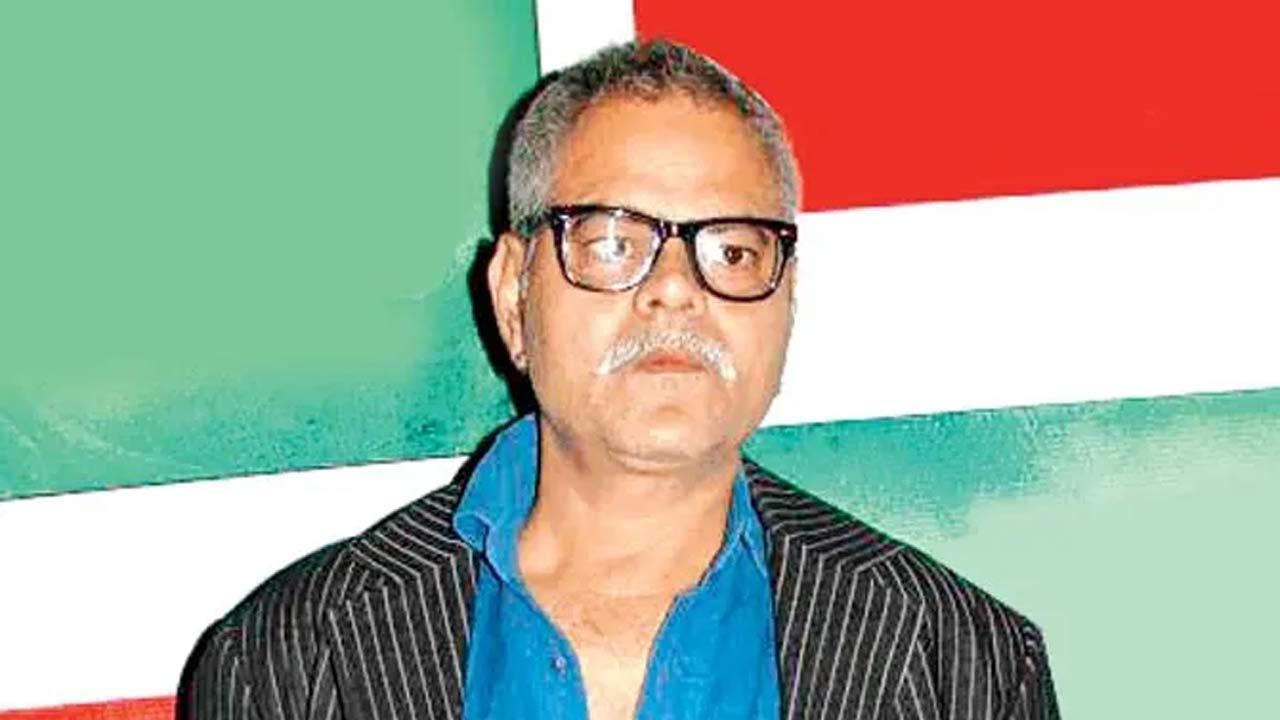
Chon Soo-yong, the newly appointed president of the Literature Translation Institute of Korea (LTI Korea), speaks during a press conference in Seoul, Monday. Courtesy of LTI Korea By Lee Gyu-lee Chon Soo-yong, the newly appointed president of the Literature Translation Institute of Korea (LTI Korea), vowed to take Korea’s first Nobel Prize in literature by Han Kang as leverage to ground a new pillar in Korean literature. “After writer Han Kang's Nobel Prize in literature win, international readers' interest in Korean literature has grown explosively.
To maintain this momentum, we must cultivate discourses on Korean literature abroad while establishing graduate schools of translation to nurture high-quality Korean literary translators,” the president said during a press conference in Seoul, Monday, marking 100 days since her appointment. “With the mindset that the Nobel Prize is the beginning, not the end, we will lay the groundwork for establishing Korean literature as a new pillar of world literature.” Chon, 70, a professor emeritus of English literature at Ewha Womans University, was appointed to lead LTI Korea in recognition of her extensive experience in literature, literary translation and education.
Sharing her vision and goals for her term, Chon detailed three specific objectives: creating opportunities for discussion on Korean literature overseas, strengthening global literary networks and establishing a graduate school specializing in Korean literature translation. In order to spark global conversation about Korean literature, the government-affiliated organization plans to organize a variety of events, such as academic forums with literary scholars and translators, literature review competitions and support for the publication of columns and journals that introduce Korean literature to broader audiences. Chon explained that developing Korean literary trends and translating them for global readers typically requires about five years.
"The initiative to promote overseas discussions on Korean literature came from the idea of enabling direct communication of Korean literary commentary in local languages,” Chon said. “To achieve this, discourse is needed both at a high academic level and at a public level. The plan is to enable experts to share knowledge and discourse about Korean literature through various media channels.
” The institute will also work closely with authors, translators and publishers from Korea and abroad during its annual Seoul International Writers’ Festival to establish a network while collaborating with foreign press to facilitate publicity on Korean authors. One of Chon’s initiatives includes converting its current translation academy into a graduate school that grants formal certification, which was also one of the key goals of the previous president, Kwak Hyo-hwan. Chon noted the foundation of a graduate school is needed more than ever these days.
“After observing how the translation academy operates, it's clear that the time has come to take this next step. LTI is currently training translators in seven languages. The current translation academy program produces around 30 graduates annually, with 80 to 90 percent being native speakers of the target languages,” she said.
She added that a degree from the graduate school will help the careers of up-and-coming translators take off after completing the training from LTI. “Although the institute has operated the nondegree Translation Academy program since 2008, the inability to offer a degree has made it difficult for graduates to establish professional careers in translation,” she said. “By founding a graduate school with the Ministry of Education’s approval, we can convert this into a formal degree program and the native-speaking graduates can then return to their home countries to work as Korean literature professors, agents or translators, and potentially become frontline advocates for the globalization of Korean literature and culture.
”.














